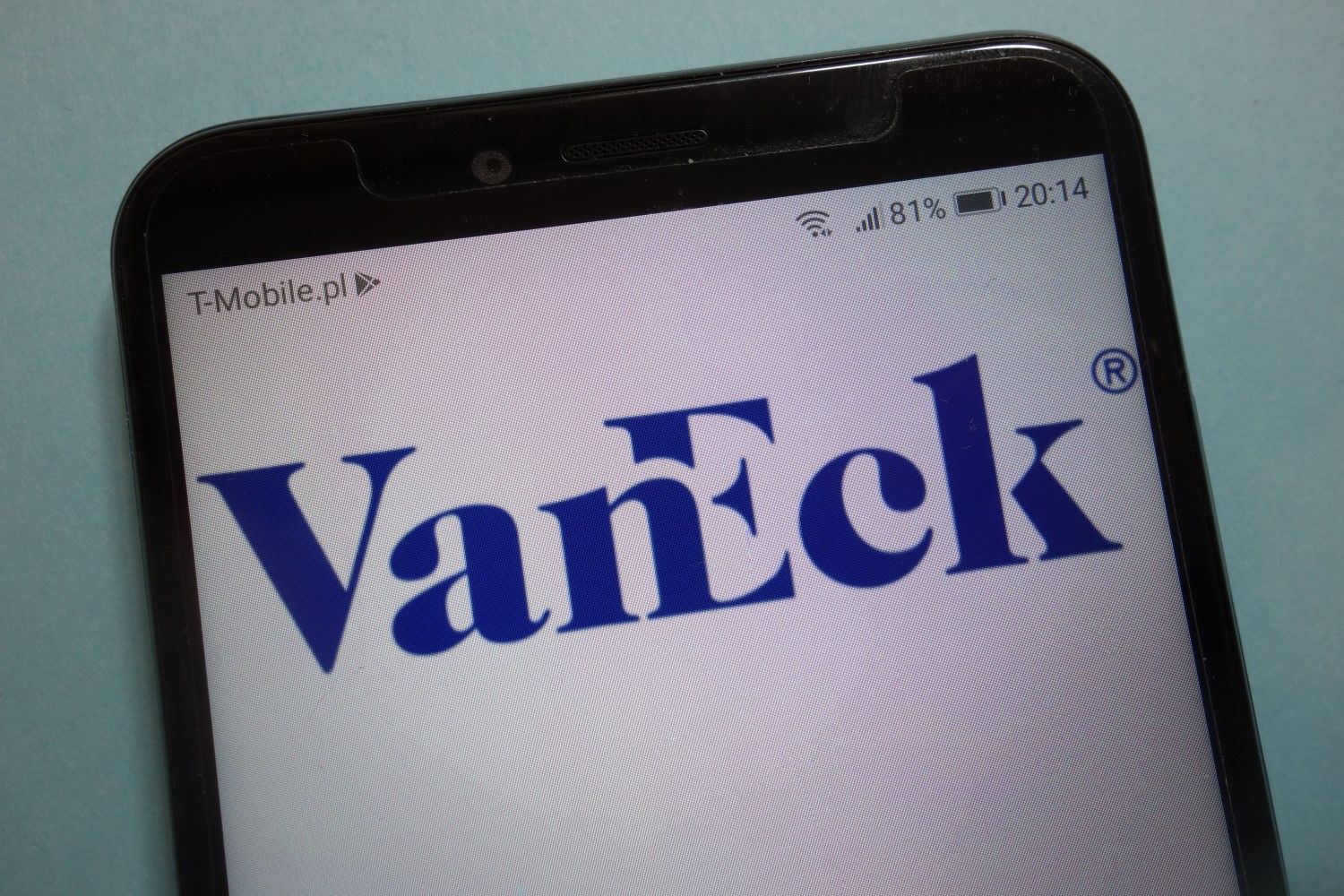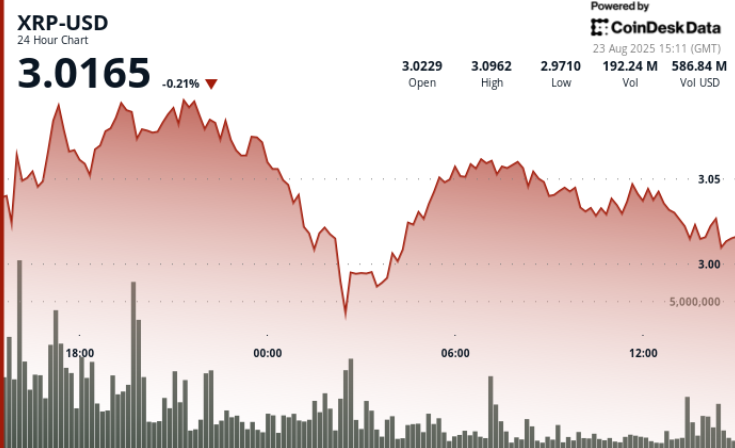
In a significant development poised to bridge the gap between decentralized finance (DeFi) and traditional finance (TradFi), asset management giant VanEck has filed for an Exchange Traded Fund (ETF) that would directly expose investors to Solana’s burgeoning liquid staking ecosystem via JitoSOL. This strategic move signals a new chapter in the institutional adoption of crypto staking, offering a regulated pathway for a broader investor base to participate in the yield-generating opportunities within the Solana network.
The Genesis of a New Era: Liquid Staking Meets Traditional Markets
VanEck’s proposal is not merely another crypto ETF; it represents a sophisticated approach to integrating the advanced functionalities of blockchain into conventional investment vehicles. Liquid staking, a mechanism that allows users to stake their cryptocurrencies while retaining liquidity through a derivative token (like JitoSOL for Solana), has been a cornerstone of DeFi innovation. By bringing JitoSOL into an ETF structure, VanEck aims to democratize access to these yields, removing the complexities and technical barriers often associated with direct participation in DeFi protocols.

“This is a pivotal moment for the industry,” stated a prominent crypto analyst. “VanEck is not just offering exposure to a digital asset; they’re offering exposure to a sophisticated financial primitive within the digital asset space, packaged for institutional consumption. It’s a testament to the maturation of the crypto market.”
Understanding JitoSOL and Its Role
JitoSOL is a liquid staking token on the Solana blockchain, representing staked SOL while allowing holders to maintain liquidity. It accrues staking rewards, effectively increasing its value over time relative to SOL. The Jito network also plays a crucial role in maximizing staking rewards by optimizing validator performance through MEV (Maximal Extractable Value) capture. This innovative design offers a compelling value proposition for investors seeking yield in the crypto space.

Historical Context: The Evolution of Crypto ETFs
The journey of crypto ETFs has been marked by significant milestones, from the initial Bitcoin futures ETFs to the more recent spot Bitcoin ETFs. Each approval has expanded the reach of digital assets into traditional portfolios. VanEck itself has been a frontrunner in this space, having introduced a staking component to its European Solana ETN, offering investors lucrative rewards. This latest filing for a JitoSOL ETF represents a natural progression, moving beyond direct asset exposure to encompass the innovative yield-generating mechanisms inherent in modern blockchain protocols.

Gabor Gurbacs, Director of Digital Assets Strategy at VanEck, has consistently advocated for innovative crypto investment products. While specific quotes on this recent filing are pending, his past statements underscore a commitment to bringing sophisticated digital asset strategies to a broader audience in a regulated and accessible format.

Market Implications and Investor Outlook
The potential approval of a JitoSOL ETF could have profound implications for the crypto market. It would:
- Increase Institutional Capital Inflow: Provide a regulated and familiar vehicle for institutions to gain exposure to Solana’s staking yields, potentially leading to significant capital inflows.
- Enhance Solana’s Ecosystem: Boost the visibility and adoption of Solana and its liquid staking protocols, further strengthening its position in the blockchain landscape.
- Set a Precedent: Pave the way for similar ETFs focused on liquid staking tokens of other prominent blockchains, expanding the menu of regulated crypto investment products.
- Offer Diversification: Provide traditional investors with a new avenue for diversification within their portfolios, tapping into a different risk-reward profile than direct cryptocurrency holdings.

However, investors should remain cognizant of the inherent risks associated with cryptocurrency investments, including market volatility, regulatory uncertainty, and the nascent nature of some underlying technologies. While an ETF structure offers convenience, it does not eliminate these fundamental risks.
Conclusion: A Glimpse into the Future of Crypto Investment
VanEck’s JitoSOL ETF filing is more than just a regulatory application; it’s a strategic declaration of intent, highlighting the increasing sophistication and maturity of the digital asset space. By offering a bridge between the innovative yield mechanisms of DeFi and the familiar structures of TradFi, VanEck is not only expanding investment opportunities but also setting a new benchmark for how traditional finance engages with the decentralized economy. For investors, traders, and the broader crypto industry, this development signals a future where the lines between traditional and digital assets continue to blur, opening up new frontiers for financial innovation and accessibility.







